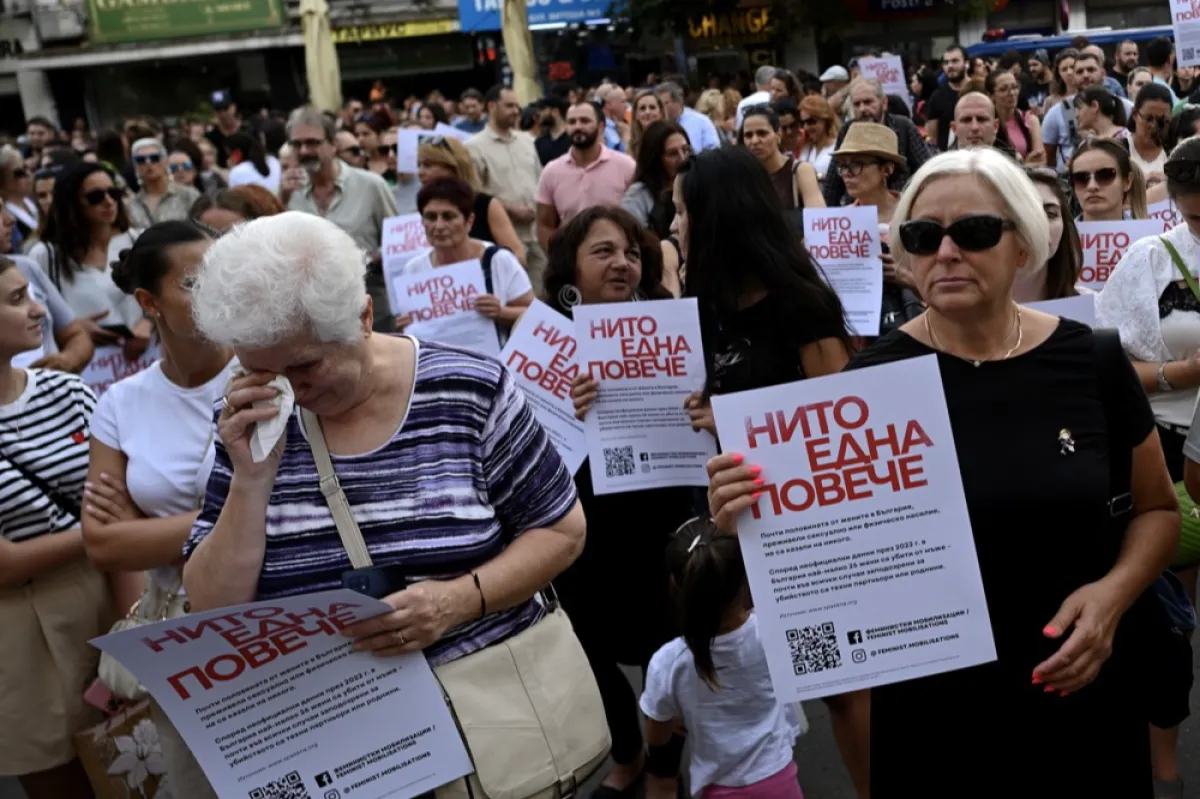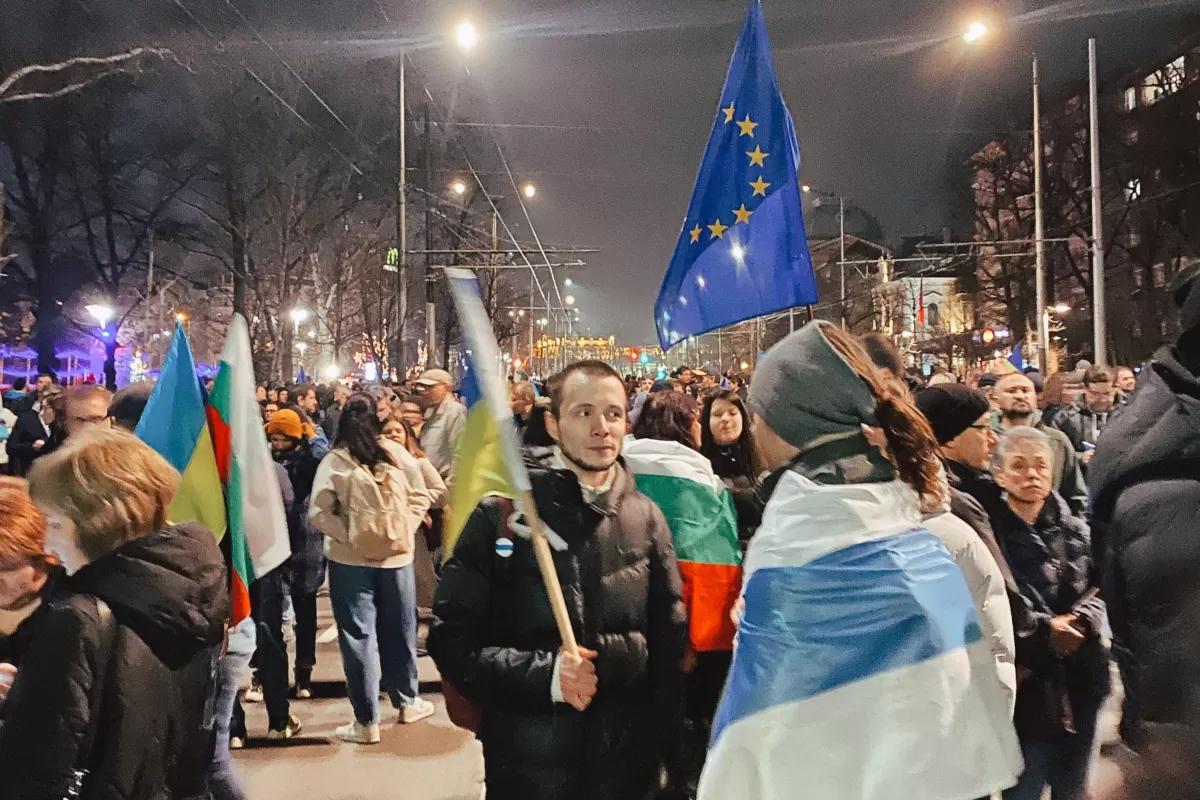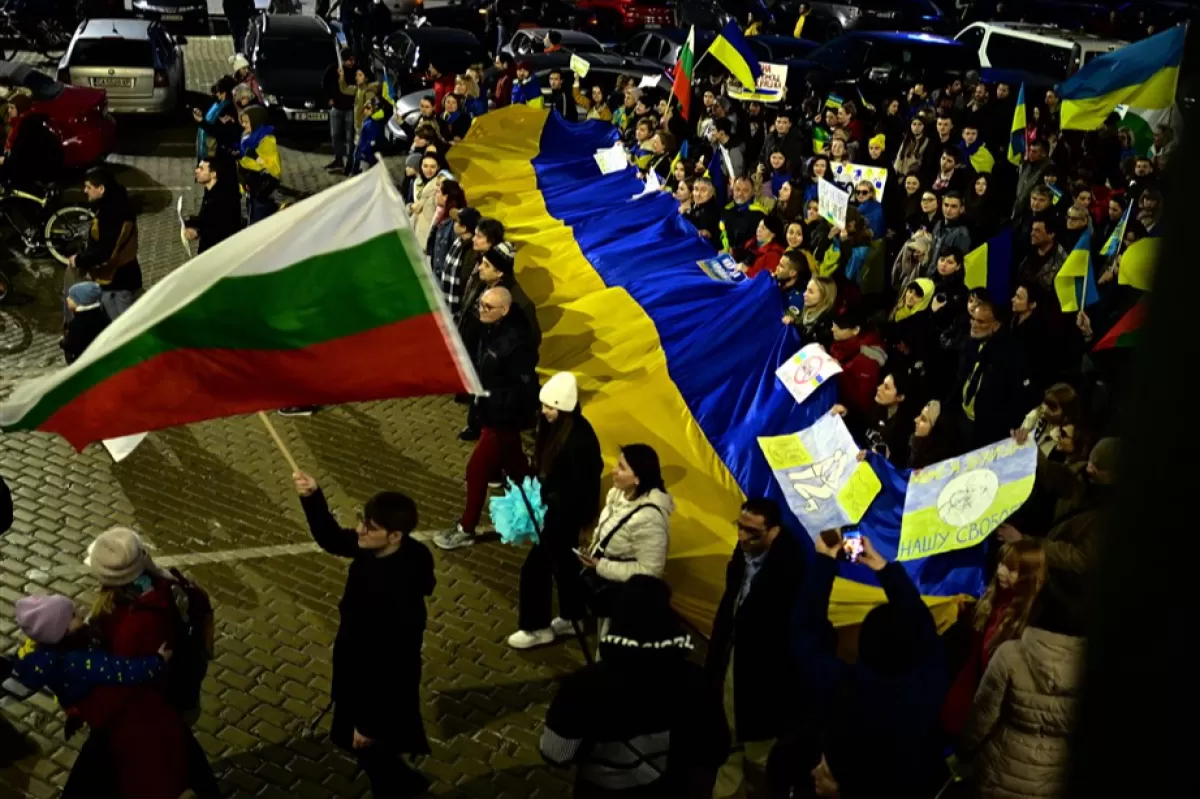
Bulgaria’s government decision to add tax to Russian gas brought tensions with Hungary and Serbia, and yet another clash with pro-Moscow President Rumen Radev.

Bulgaria has been facing an uptick in pro-Russian disinformation, just as the country’s pro-Western government is questioning Moscow’s influence – and moves – in the country.

A brutal stabbing brought into spotlight the Bulgaria’s approach to gender violence. While some took to the streets in protest, others tried to block reforms aimed at protecting women.

The alliance GERB/We continue the change showed its first cracks, as it’s being pressured by a hostile president, pro-Russian parties and the entry into politics of their main opponent.

As Bulgaria seems to finally move away from its years long political stalemate, new lines are drawn in the sand between politicians and the controversial top prosecutor, while the pro-Russians are waiting on the sides.

Russia’s ambassador to Bulgaria recently expressed support – a diplomatic faux pas – for the Bulgarian far-right, anti-Western and anti-Ukraine Revival party. Revival came third in the April 2 elections, fifth of its kind in the last two years, and if the current political stalemate continues, it stands a good chance to become a major political force at the next snap election.

Bulgarians are about to vote for the fifth time in two years, and polls suggest that the political stalemate is likely to continue after the elections. Seemingly out of fresh ideas, the political parties are divided along the same lines, liberals against conservatives, pro-Russian vs. pro-European, newcomers vs. the old guard of allegedly corrupt politicians.

The first anniversary of the full-scale invasion of Russia provoked a wave of pro-Ukraine marches in Bulgaria, a country traditionally associated with heavy political dependencies from Russia. The pro-Russians stayed mostly out of sight for the one year anniversary of the war, but that does not mean that they went everywhere: Moscow still has its supporters in Bulgaria, both among the politicians and the public.

Nearly one year after the onset of the Russian invasion in Ukraine, Bulgaria is still undecided on how to integrate the Ukrainian refugees. Activists, however, strive on. Most Ukrainians move on.

As pro-Europeans in Sofia are confident that Bulgaria will switch to the Euro in 2024 pro-Russian parties claim the adoption of the EU single currency will only bring economic instability. Debates and heated exchanges on this topic might become part of the political landscape in the next two years. Disinformation is bound to be part of the picture.

After Sunday’s general elections, Boyko Borissov’s GERB came back on top but is left to the oldest Bulgarian dilemma – whether to lean towards the West or the East. Borissov has been rebranding himself as more critical towards Russia, but past corruption allegation make it hard for him to find partners. Pro-Russian parties also increased their clout, but they have no chance of forming a majority.

Bulgaria is looking like a place that no one really wants to govern. The country is heading for its fourth elections in eighteen months and chances for a coalition are getting increasingly small. As major players are trying to win the popular vote, smaller parties are hoping for momentum, as polls predict that the next parliament might feature up to seven parties.

After ousted PM Kiril Petkov’s coalition was adamant in its pro-West and pro-EU position, current interim government, selected by President Radev and led by caretaker PM Donev, is making chaotic moves, risking further instability.

Six months in, the reformist cabinet of PM Kiril Petkov was taken down by the growing opposition which initiated the first ever successful no-confidence motion in Bulgaria’s history.